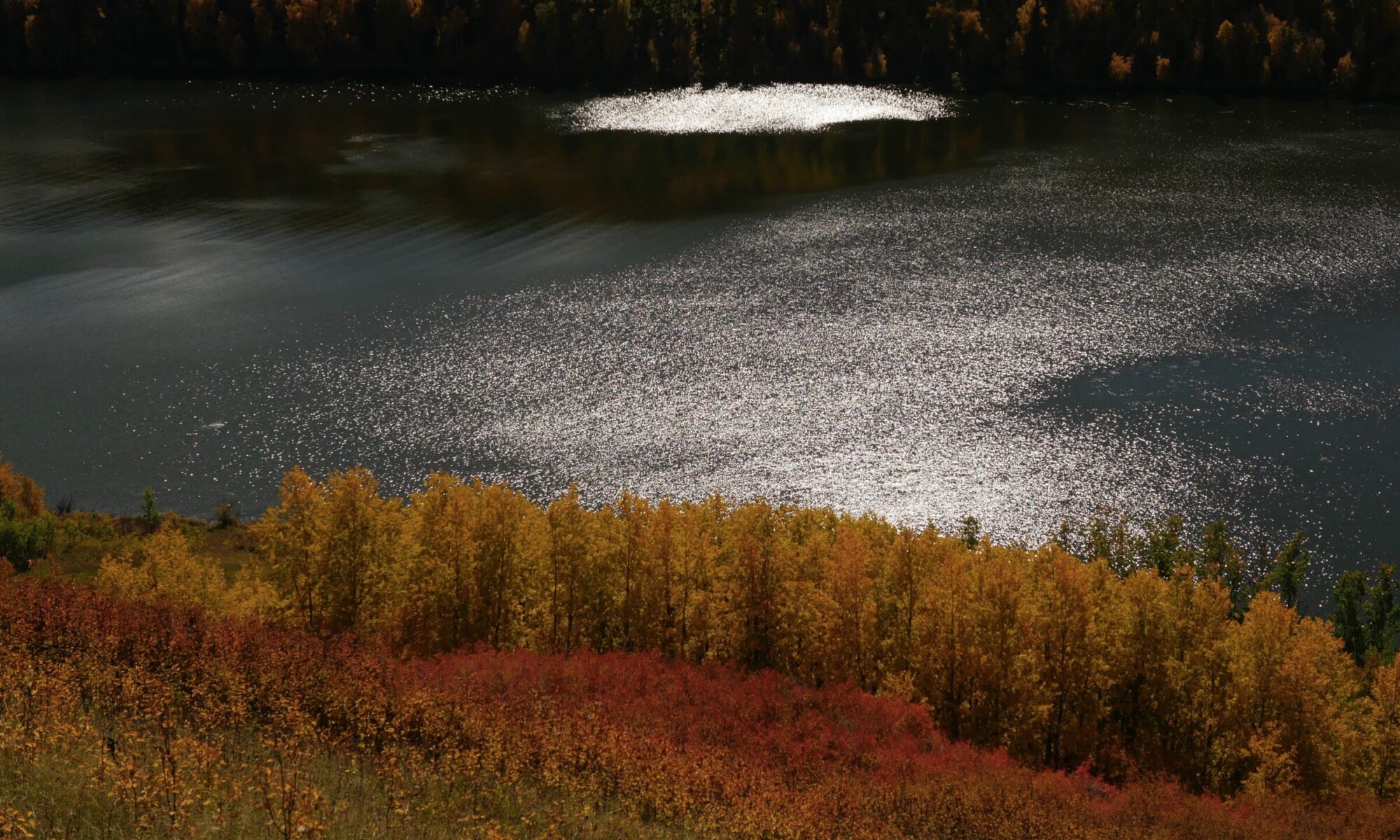As the summer begins to wind down (and my goodness, has it gone by quickly), I find myself asking a couple of questions as we approach the fall. What has this summer been about? And why bother with all that we have–growing a garden, learning new skills, trying to engage a little more intentionally and carefully? As fall creeps up on us, how can we maintain the mentality of slowing down and being contemplative as all of the activities begin again? Can we?
Of course, I think we can, if we are willing to resist the temptation to sign up for a million things and instead sit back for a bit and partake carefully. As harvest begins, I think we can use it as a way to pace ourselves–as our gardens give, we can enjoy!
As I was thinking about these things, I turned to Barbara Kingsolver’s Animal Vegetable Miracle. For those of you who haven’t read this, I really encourage you to check it out! In the book, Kingsolver takes readers through a year of trying to live on the land in her country, and asks a lot of questions about the food system, and the general cultural system, we live in, which pushes us to be over-extended and missing a lot of necessities, like knowing where our food is from or how to cook it.
Kingsolver touches on the reasons why our culture shifted from homesteading and farming to what it is today, which is something we have talked about multiple times throughout the class, conference, and events…in the words of Charles Eisenstien, if you ask why, a couple of layers down, the answer is always money. If you grow and cook your own food, money isn’t changing hands. The person growing and eating food from their own garden isn’t able to fit more “stuff” into their schedules, nor are they profiting. Kingsolver talks about the shifts we’ve made to improve our productivity…and the costs these shifts have, whether we recognize it or not. She says,
“When we traded homemaking for careers, we were implicitly promised economic independence and worldly influence. But a devil of a bargain it has turned out to be in terms of daily life. We gave up the aroma of warm bread rising, the measured pace of nurturing routines, the creative task of molding our families’ tastes and zest for life; we received in exchange the minivan and the Lunchable.”
What an exchange! Is that what we want? When fall comes, and school starts again or work schedules return to normal, are we hoping for quick meals we can purchase at the store so we can continue with our busy lives? Or are we not working so that we can slow down and enjoy life? And if so, couldn’t we work a little less and enjoy life a little more without much shift at all? I think Kingsolver says it well when she says
“Wake up now, look alive, for here is a day off work just to praise Creation: the turkey, the squash, and the corn, these things that ate and drank sunshine, grass, mud, and rain, and then in the shortening days laid down their lives for our welfare and onward resolve. There’s the miracle for you, the absolute sacrifice that still holds back seed: a germ of promise to do the whole thing again, another time.”
Will we wake up and look alive today, or continue rushing from task to task so that someday, perhaps, we will feel like we have worked enough to wake up?

Beautifully written. I will ask all our Spirit of the Land students this fall to read this blog. Very important at the start of a term.